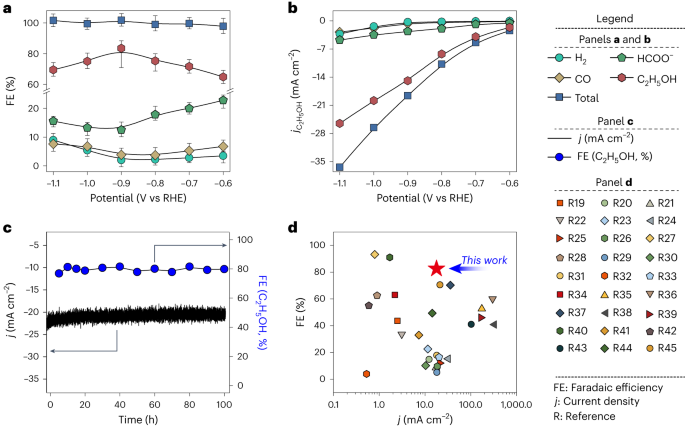Why the water isn’t killing the fire?
Could be anything from sodium to calcium carbide to fluorine. :) Sodium makes hydrogen with water, carbide makes acetylene with water, and flouride just oxidizes water by grabbing hydrogen away from oxygen.
If the character’s plan is to try fascism next, I think they’re into fairly agressive substances. :P


















Very very impressive. :)